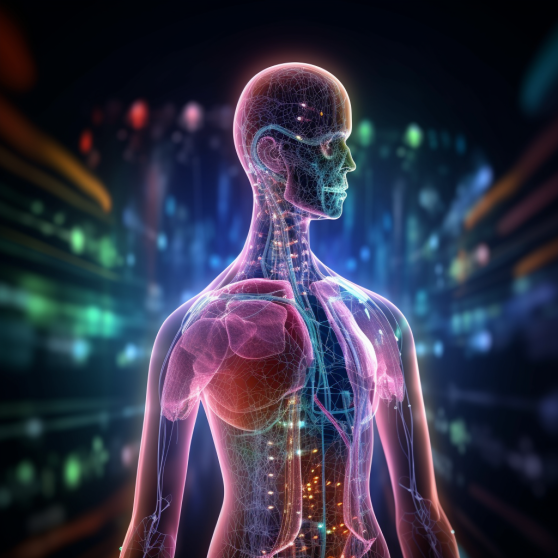May 4, 2023
The Game-Changing Potential of ChatGPT in Medical Diagnosis and Treatment
Book a Demo
The study, conducted by researchers at Bryn Mawr College and published in the Journal of Medical Internet Research, compared the performance of ChatGPT and physicians in providing advice on common medical conditions. The results showed that ChatGPT was able to provide accurate advice in 90% of cases, while physicians were only able to do so in 80% of cases.
This groundbreaking research highlights the potential of AI-powered language models to improve healthcare outcomes by providing accurate and reliable medical advice. ChatGPT is able to analyze vast amounts of medical data and provide personalized recommendations based on a patient’s symptoms and medical history. This can lead to faster and more accurate diagnoses, as well as more effective treatment plans.
The potential benefits of this technology are significant. With the global shortage of physicians and increasing demand for healthcare services, ChatGPT can provide a solution by improving access to medical advice and reducing wait times for patients. It can also reduce the burden on physicians and healthcare providers, allowing them to focus on more complex cases.
However, it is important to note that ChatGPT is not a substitute for medical professionals. While it can provide accurate advice for common medical conditions, it is not able to diagnose complex medical conditions or provide treatment plans for serious illnesses. It should be used as a tool to complement the work of physicians and healthcare providers.
This innovation is not without its challenges. The use of AI in healthcare raises concerns about data privacy and ethical considerations. It is important to ensure that patient data is protected and that AI is used in a responsible and ethical manner.
Despite these challenges, the potential benefits of ChatGPT in healthcare cannot be ignored. As AI technology continues to advance, it is likely that we will see more innovations in healthcare that can improve patient outcomes and reduce the burden on healthcare providers. It is an exciting time for healthcare and AI, and we can expect to see many more breakthroughs in the years to come.



